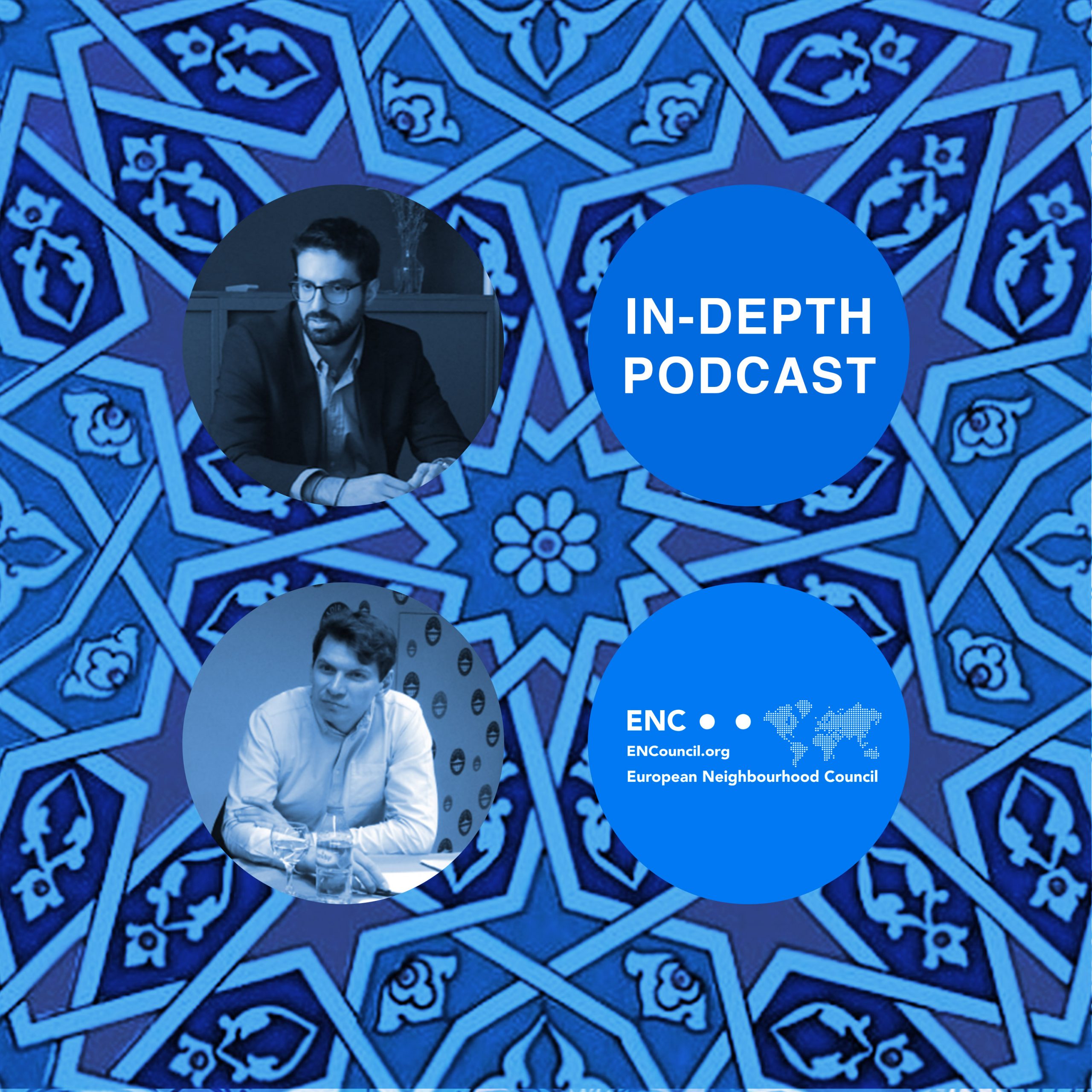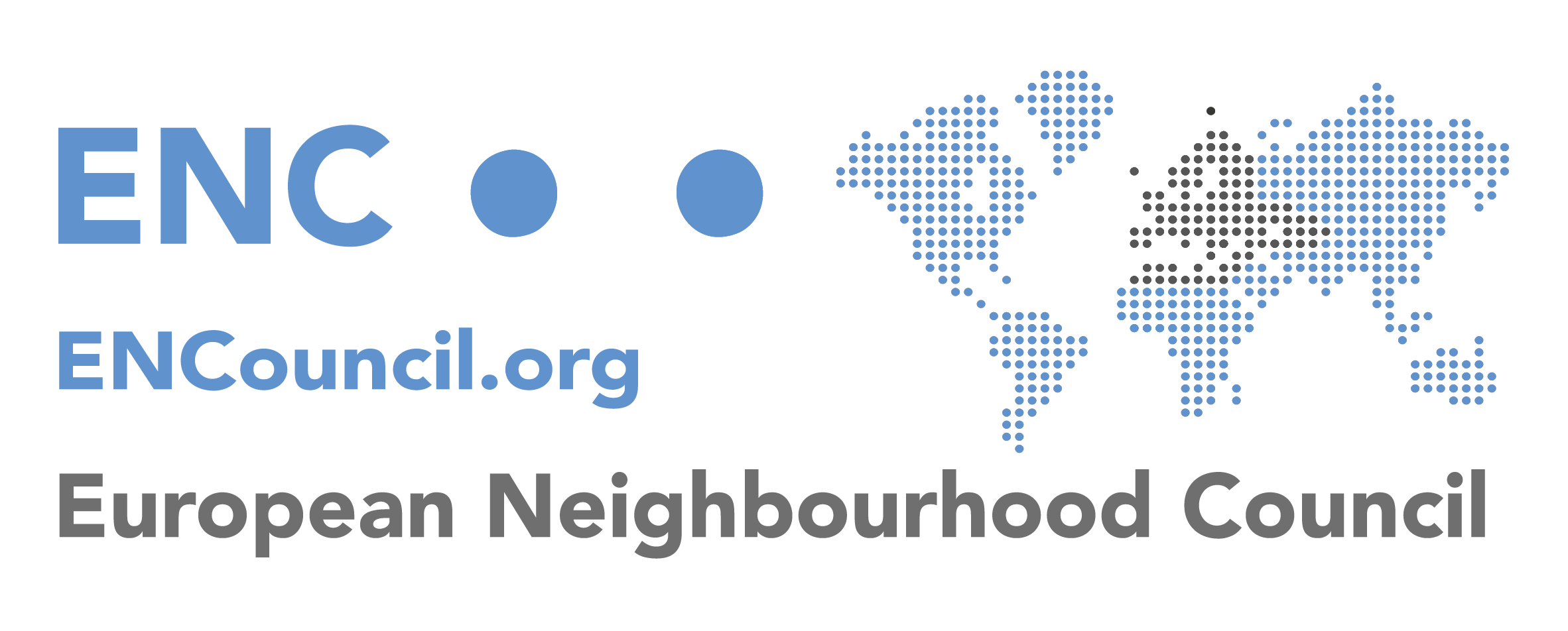
ENC In-Depth interview with Francesca Fabbri on the current status of EU – Tunisia relations
Francesca Fabbri has been working for the European Policy Centre in the Europe in the World Programme since January 2016. In her research she focuses on European foreign policy in the Mediterranean, European Neighbourhood Policy (ENP), conflict mediation, geopolitics of the Middle East and North Africa and governance and rule of law reform support.
The discussion focused on the main challenges that hinder progress and reform process in Tunisia and the role of international donors, primarily the EU.
Tunisia is often presented in European policy circles as the only success story among the countries of the so-called ‘Arab Spring’. The transition since 2011 has undeniably led to peaceful, plural and democratic elections and to an encouraging new era for the Tunisian people. However, the hard truth is that what came out of the last five years of change and struggle is extremely fragile. The reform pace is slow; socio-economic conditions are far deteriorating and external as well as domestic security threats also undermine the stability of the country. The European Union (EU) and its member states should seek to enhance relations with Tunisia to genuinely make it a priority partner.
Ms. Fabbri tried to shed light by giving brief overview of the current political landscape in Tunisia including the key internal and external challenges that threaten Tunisia’s fragile democracy. She also explained why Tunisia is still far from reaching a DCFTA agreement with the EU and how Civil Society in Europe can better collaborate with NGO’s on the ground.

ENC In-Depth Podcast – Interview with Alexandra Stiglmayer on Visa Liberalization
ENC In-Depth opening interview with A. Stiglmayer on Visa Liberalization in the European Neighbourhood: Alexandra Stiglmayer is a senior analyst at the European Stability Initiative and regularly publishes and conducts research on visa liberalization throughout the region. The focus of the discussion on Ukraine and Turkey – two countries that are working on visa free travel at the moment and have been doing so for a while.
Visa liberalization is very topical at the moment. And it is often regarded as the EU’s most popular neighbourhood and accession tool, because it connects with citizens directly throughout the neighbourhood.
Turkey has been eyeing visa free travel for its citizens for quite some time. And as part of the EU-Turkey deal reached on 18 March to manage migration and refugee flows better, EU leaders offered visa liberalisation for Turkish nationals by June 2016.
Despite Turkey’s major task of completing nearly all 72 criteria, five ones remain which might be blocked by the European Parliament later this year. Out of the 72 criteria, the controversial ones include data protection and anti terror laws.
Another country, which has struggled with visa liberalization, is Ukraine. Last year, the European Commission said that Ukraine met all the criteria, however in April 2016 the Commission proposed visa free travel for Ukrainians. But during May they decided to postpone the visa free regime due to the refugee crisis and side negotiations with Turkey.
Mrs Stiglmayer tried to shed light on whether Turkey should be granted visa free travel despite mounting criticisms from the European Parliament, on why the visa liberalization process with Ukraine in on a stalemate status, while at the same time she did not neglect to comment about the cases of Azerbaijan and the Balkan states

